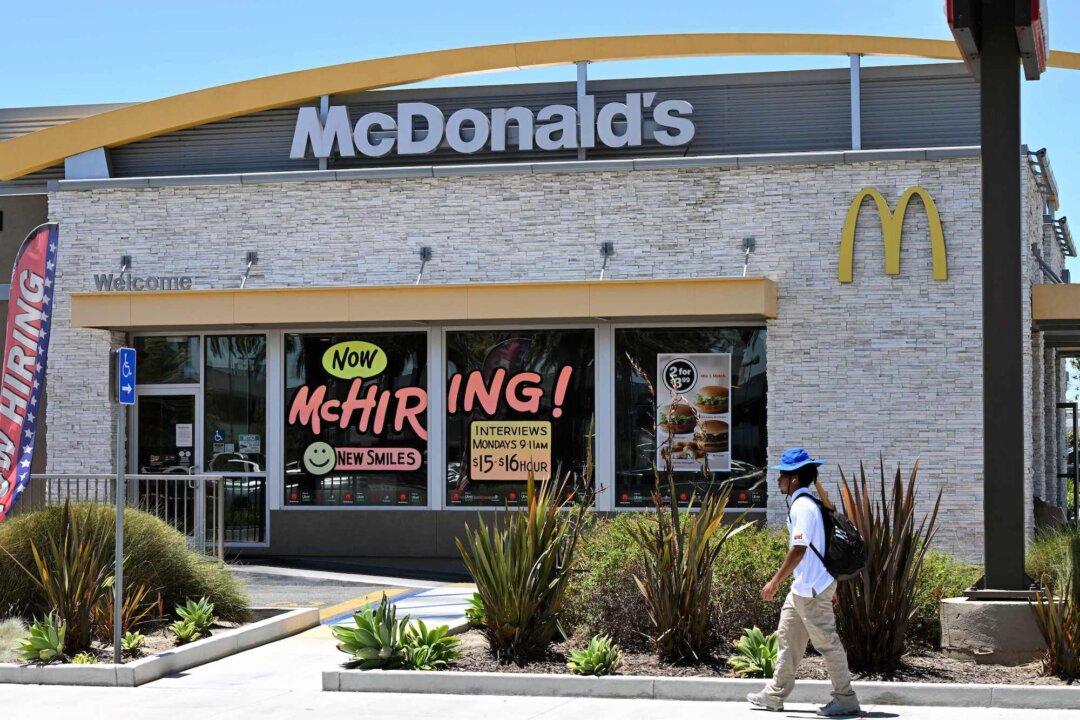An industry coalition says it has collected enough signatures to halt a new California law that aims to improve pay and working conditions for fast-food employees across the state, arguing that the legislation would lead to higher food prices and job losses.
The Save the Restaurants Coalition said on Nov. 5 it has collected the 1 million signatures necessary to trigger a statewide referendum on Assembly Bill 257, the Fast Food Accountability and Standards Recovery Act (FAST Recovery Act), which is scheduled to take effect Jan. 1.





